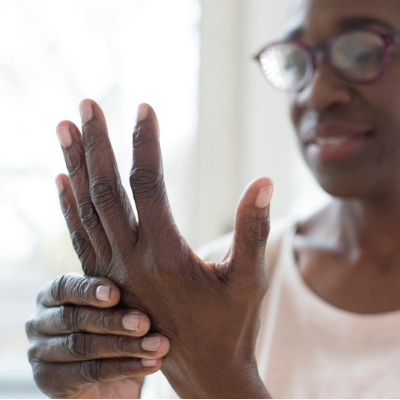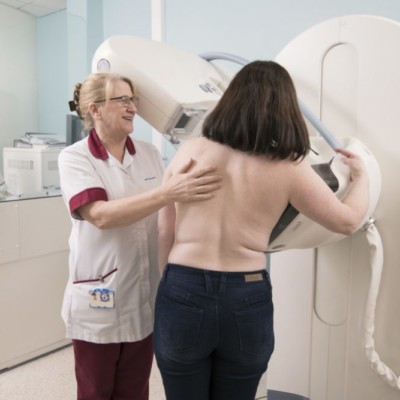
Addressing Health Inequalities – Improving exercise engagement among non-English speaking people with musculoskeletal conditions
BRC researchers aim to understand the barriers to exercise and improve treatment, for people who not speak English and have musculoskeletal conditions.
Continue reading full case study: Addressing Health Inequalities – Improving exercise engagement among non-English speaking people with musculoskeletal conditions
Addressing Health Inequalities – Helping people with chronic pain to report their pain and get the treatment they need
Chronic pain affects more than 30 per cent of people worldwide. BRC Musculoskeletal Theme researchers set out to develop an easy-to-use smartphone app, that would help people with chronic pain track and report their pain, to support diagnosis and the effectiveness of treatments.
Continue reading full case study: Addressing Health Inequalities – Helping people with chronic pain to report their pain and get the treatment they need
Addressing Health Inequalities – Widening participation to shape musculoskeletal research
Ensuring that people from under-represented groups have a voice in shaping research is vital in helping to recruit people from different backgrounds. It also helps to make sure new care and treatments work for everyone, not just a particular group of people.
Continue reading full case study: Addressing Health Inequalities – Widening participation to shape musculoskeletal research
Improving personalised screening, treatment, and care through Polygenic Risk Scores.
Researchers from the NIHR Manchester Biomedical Research Centre’s (BRC) Cancer Prevention and Early Detection (PED) and Musculoskeletal themes are leading the way in the use of Polygenic Risk Scores (PRS) to improve screening, care, and treatments for patients.
Continue reading full case study: Improving personalised screening, treatment, and care through Polygenic Risk Scores.